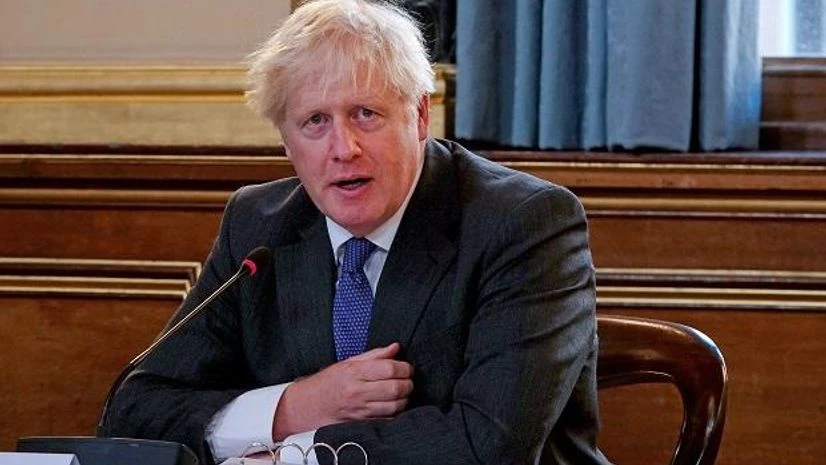LONDON (Reuters) - British Prime Minister Boris Johnson on Tuesday moved a step closer to getting parliamentary approval for new powers to break the Withdrawal Agreement struck with the European Union last year as lawmakers backed changes to the Internal Market Bill .
The bill aims to ensure Britain's four nations can trade freely with each other after Brexit. Ministers say that will require breaking the EU exit treaty to protect Northern Ireland unless stalled talks with Brussels make a breakthrough.
The plan has angered the EU and drawn heavy criticism from lawmakers who say that going back on an international agreement damages Britain's reputation.
Nevertheless, a government concession giving parliament a say over whether to use the treaty-breaking powers snuffed out a rebellion and was approved without a vote.
Former finance minister Sajid Javid was one of several potential rebels to accept the government's compromise, having initially said he could not support the bill.
Although some in Johnson's Conservative Party, like former prime minister Theresa May, have not been won over, the bill now passes to the final stages of approval in parliament's lower chamber, which will take place next week.
More From This Section
After that, the bill faces two months of scrutiny in the upper chamber, where Johnson does not have a majority.
Many in the upper chamber have expressed grave concern about the bill and could try to strip the contentious powers out of it. However, any changes would have to be approved by both chambers, potentially setting up a stand-off between the two.
(Reporting by William James; editing by Stephen Addison)
(Only the headline and picture of this report may have been reworked by the Business Standard staff; the rest of the content is auto-generated from a syndicated feed.)

)
